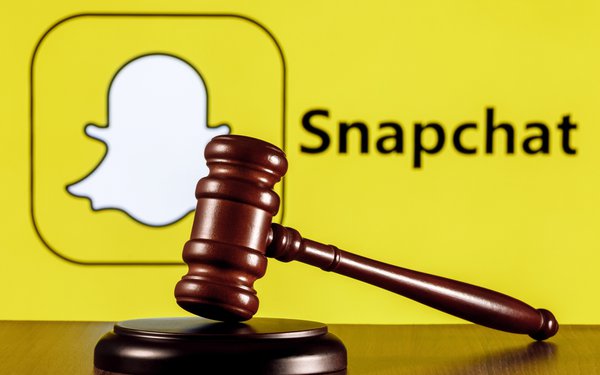
Siding with Snap, a federal judge has rejected
Florida's request for an injunction ordering the company to comply with a controversial new state law that would have restricted teens' ability to use the service.
In an order
handed down late Wednesday, U.S. District Court Judge Mark Walker in Pensacola noted that he previously ruled in a related lawsuit by tech industry groups NetChoice and the
Computer & Communications Industry Association that the Florida statute likely violated the First Amendment.
"A prerequisite to temporary injunctive relief is a substantial
likelihood of success on the merits," Walker wrote, adding that Florida could not "establish a substantial likelihood of success on the merits" given his prior ruling.
advertisement
advertisement
Florida's House Bill 3, which was slated to take effect earlier this year, applies to a platform if at
least 10% of users under 16 spend at least two hours per day on average at that platform. The law only covers platforms that employ an allegedly addictive quality -- such as displaying
“like” counts, or automatically playing videos.
NetChoice and the Computer & Communications Industry Association argued in a complaint filed last year that the statute violates the First
Amendment in several ways -- including by preventing minors from accessing lawful speech.
Walker initially dismissed the groups' complaint on the grounds that the tech groups
lacked “standing” because they hadn't shown that any of their members would be affected by the law.
The organizations then amended their complaint to include
allegations that Snapchat (operated by NetChoice member Snap) allows teens under 16 to create accounts without parental permission, deploys recommendation algorithms and allows push notifications.
Soon after the tech organizations brought the amended complaint -- but before Walker ruled that the statute was likely unconstitutional -- Florida Attorney General Uthmeier sued Snap for "openly defying" the Florida law.
“Rather than obeying Florida law by removing 13-year-old users from the platform and seeking parental consent for 14- and 15-year-old users, Snap is actively deceiving Florida
parents about the risks of allowing their teens to access this platform,” Uthmeier allege.
Snap “has acknowledged in other litigation that it is subject to H.B. 3,
yet it is openly defying this important public health measure,” Uthmeier's office wrote.
The attorney general subsequently sought an injunction that would have required
Snap to comply with the Florida law.